Tap water can generally be a good idea for athletes, as it is strictly controlled according to drinking water regulations, is calorie- and sugar-free, and is generally cheaper than mineral water. It contains minerals such as sodium, calcium, and magnesium, which are particularly important because they are lost through sweating and are needed for muscle and nerve function. However, the amount of minerals in tap water depends on the region and is often lower than in mineral-rich mineral water.
TIP 💡: Check your water provider's website. The analyses are usually available there. But be careful 🚨, if you use a water softener, the magnesium and calcium mineral ions are replaced by sodium ions. Then, no other minerals will be present in your drinking water.
For athletes who sweat intensely, it can be important to specifically compensate for mineral loss. Mineral water naturally contains varying mineral concentrations, depending on the source. Some mineral waters approximate the mineral content lost during sweating. Carbonated mineral water, on the other hand, is not ideal during exercise, as the carbonation can lead to burping.
Tap water is less well absorbed in the gastrointestinal tract than sodium-rich water, and excessive consumption without mineral supplementation can lower blood sodium levels, which can lead to reduced performance or even health problems such as hyponatremia. Therefore, during intense exercise or long periods of exercise, it is recommended to either drink mineral-rich mineral water or supplement tap water with some sodium, e.g., through salty snacks or dietary supplements.
TIP 💡: Our products all contain the appropriate amount of sodium, which can be used in combination with drinking water during physical exertion and provides optimal nutrition.
For most amateur athletes, good tap water combined with a balanced diet is sufficient to ensure an adequate supply of minerals.
ATTENTION 🚨: When traveling, it's best to use still mineral water for your sports drinks. This way, you can be sure that the water actually contains what it says on the label. In some regions, tap water should be consumed with caution.
In summary:
- Tap water is generally safe and often sufficient for athletes.
- Mineral losses should be taken into account and, if necessary, compensated with mineral-rich water or supplements.
- Mineral water may be richer in minerals, but is more expensive.
- Carbonated water is less suitable during exercise.
- During intensive or long training sessions, sodium-rich water or additional mineral intake is particularly recommended.
- When traveling, pay attention to the local information about the composition of the tap water.
Tap water is a good and practical choice for most athletes, as long as they ensure adequate mineral intake. We should continue to closely monitor the debate about the contamination of drinking water with nitrates, hormones, antibiotics, and microplastics.


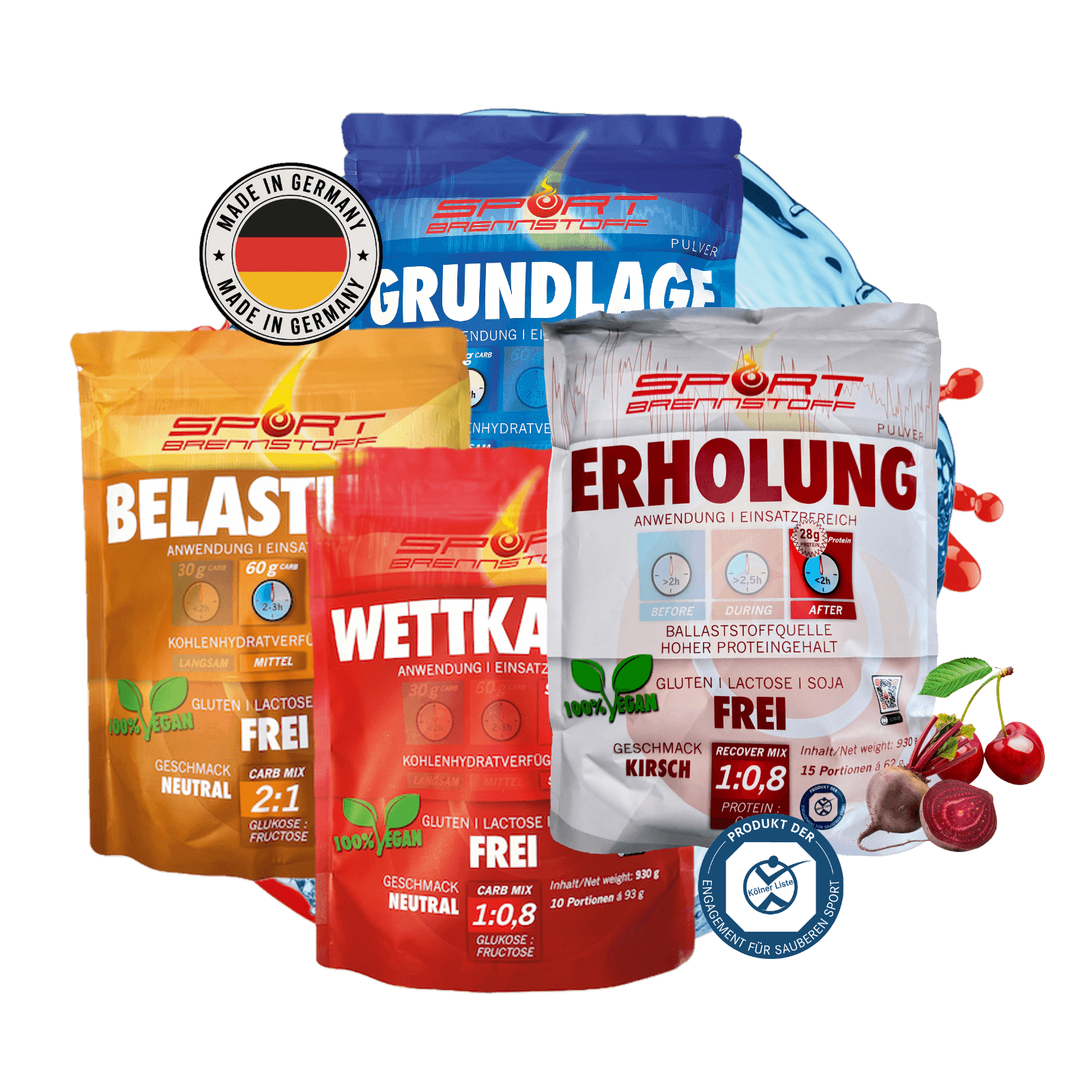

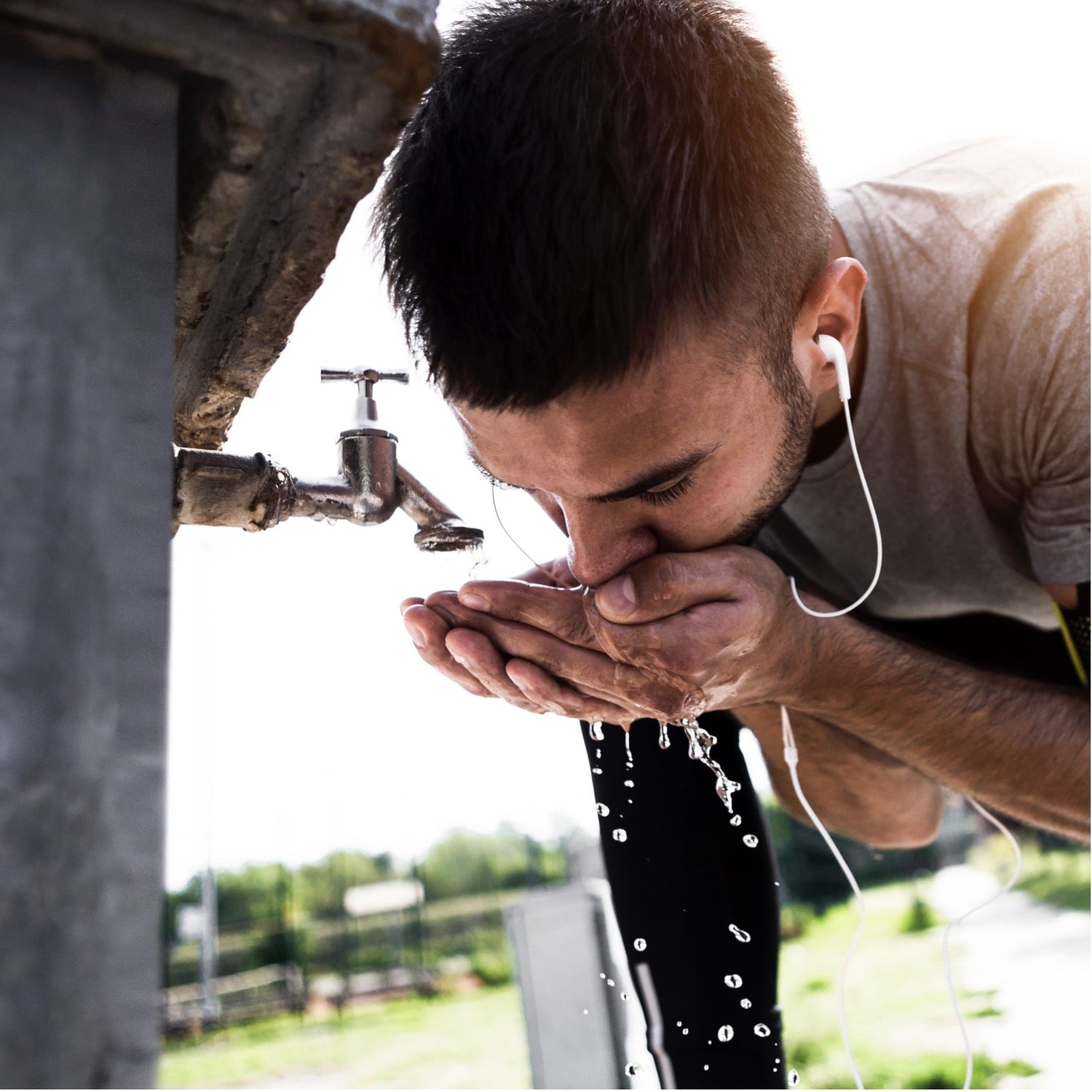


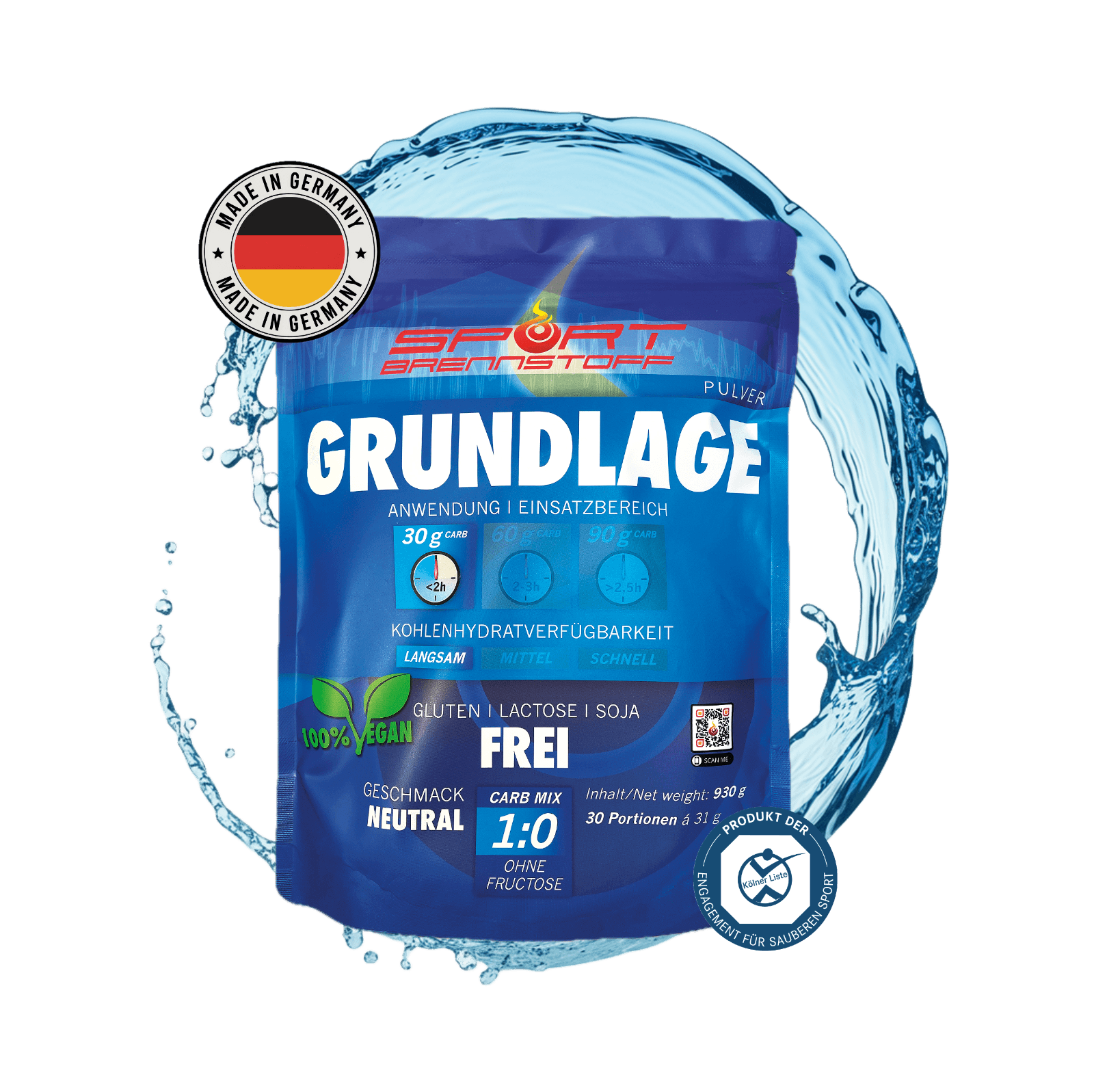
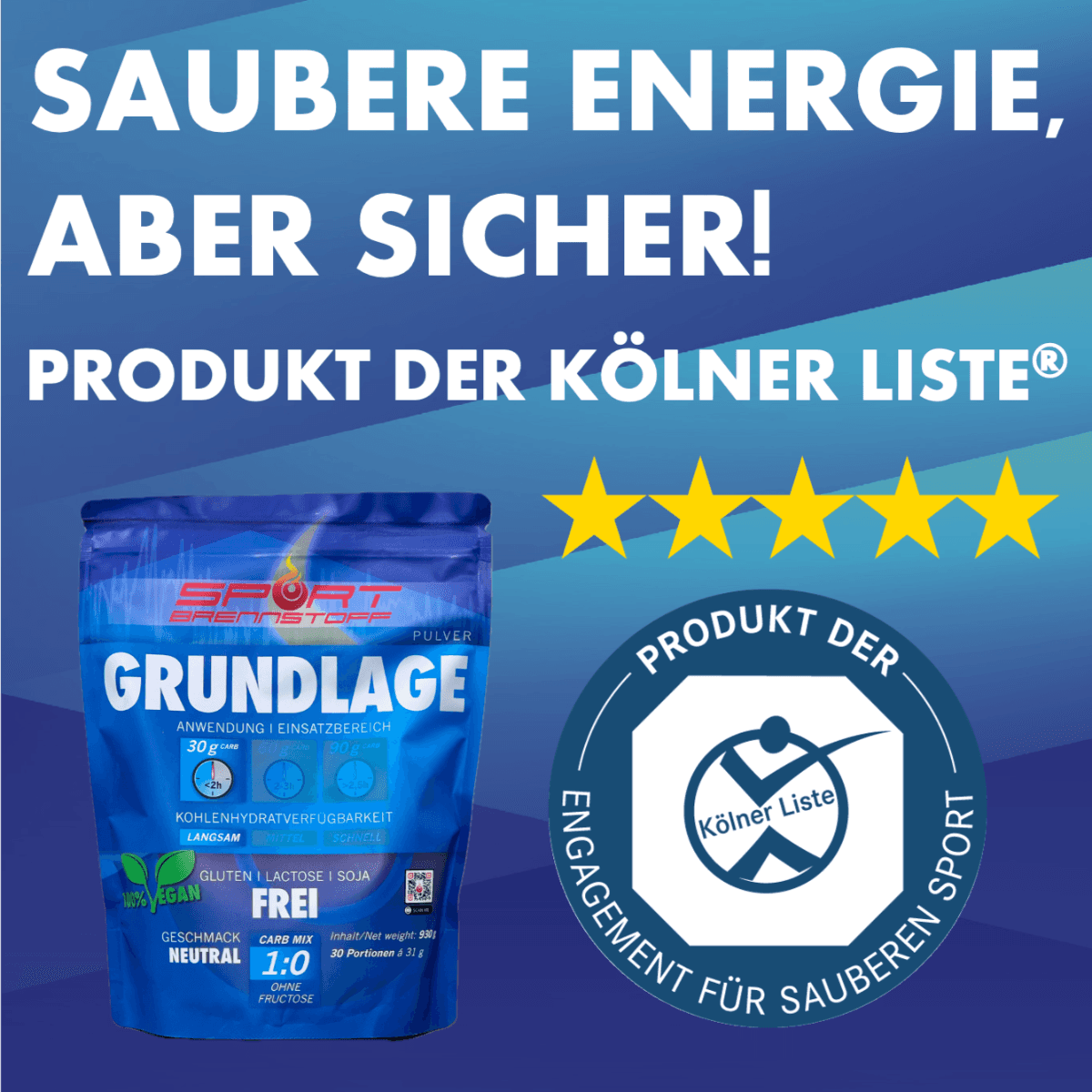
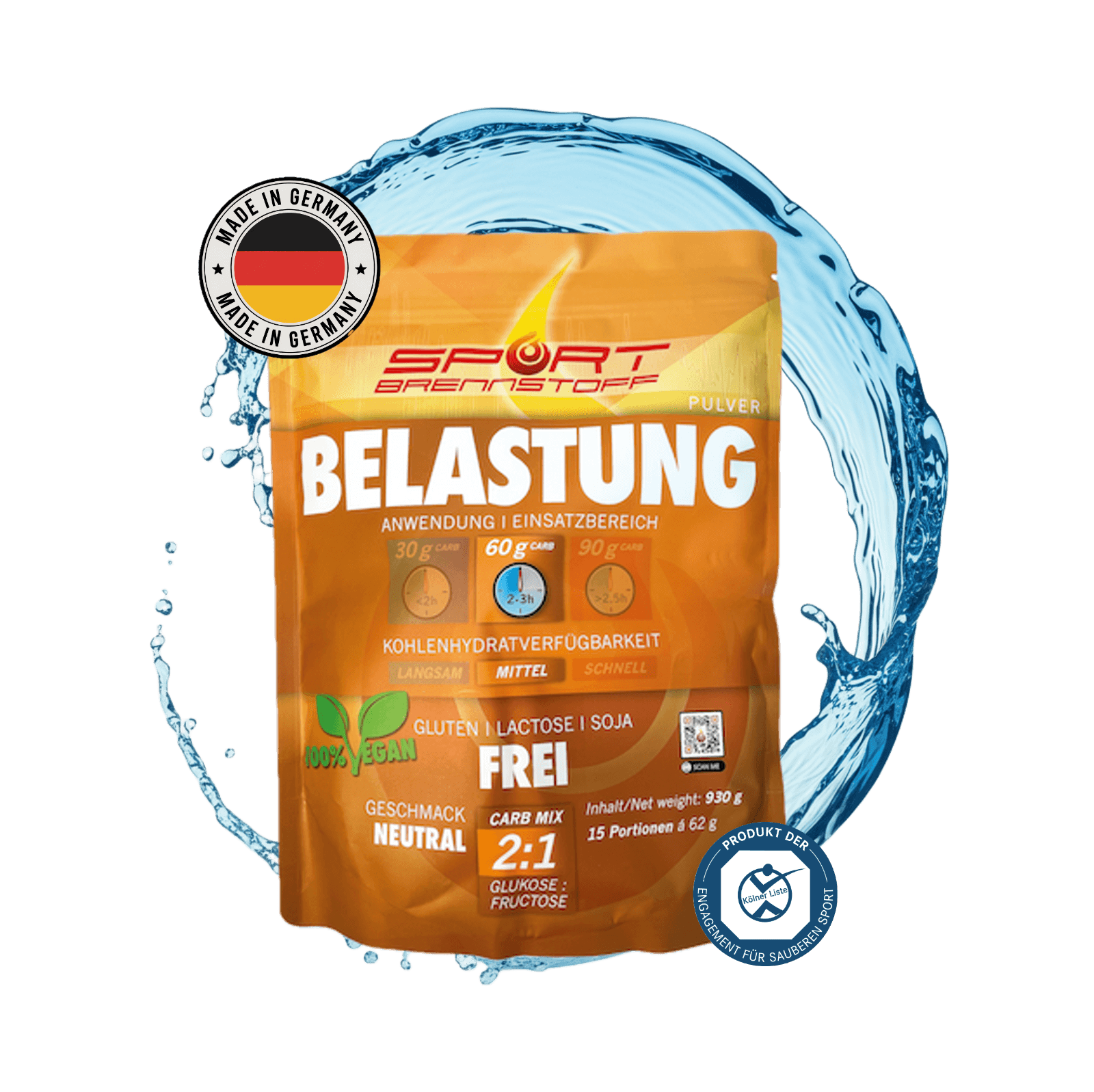
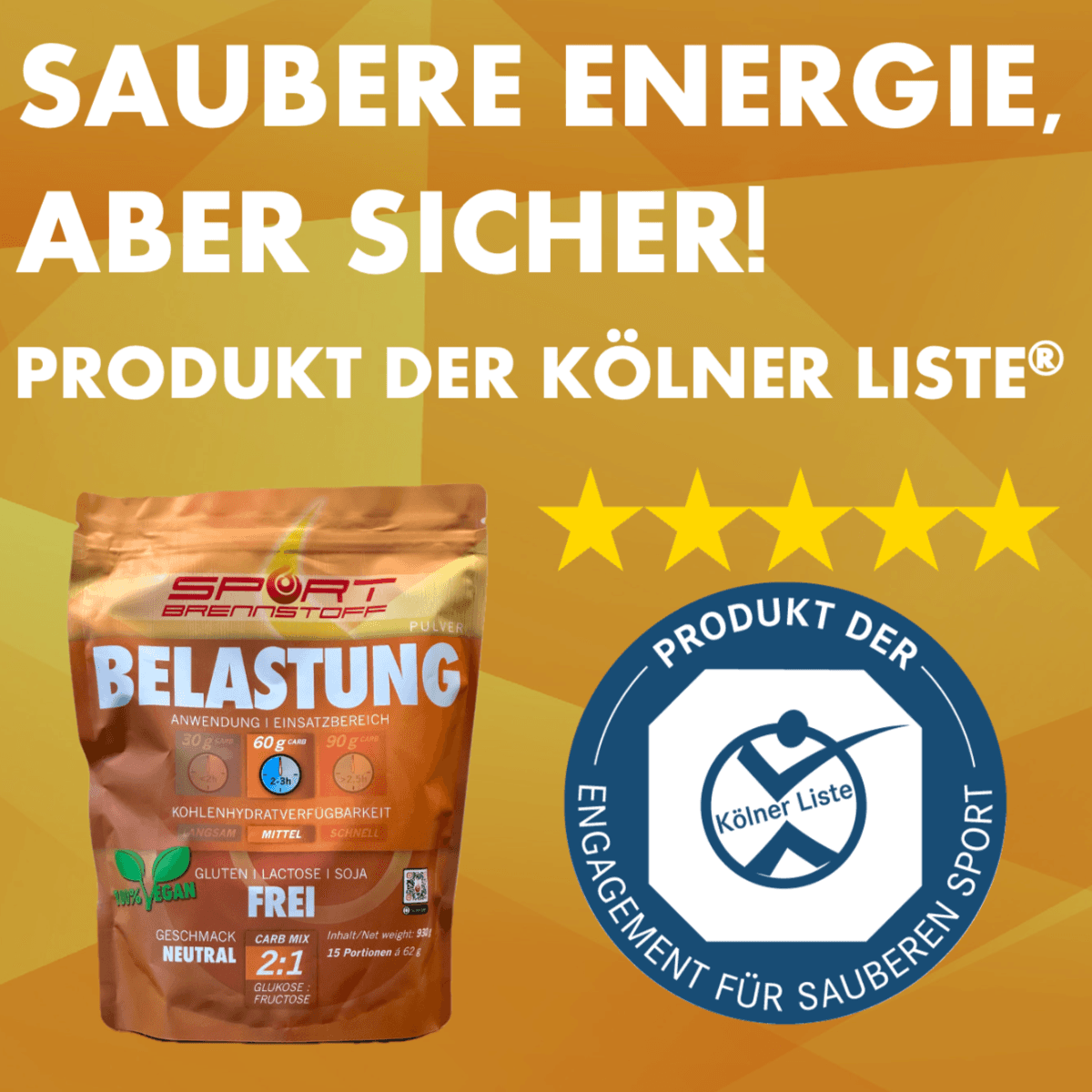
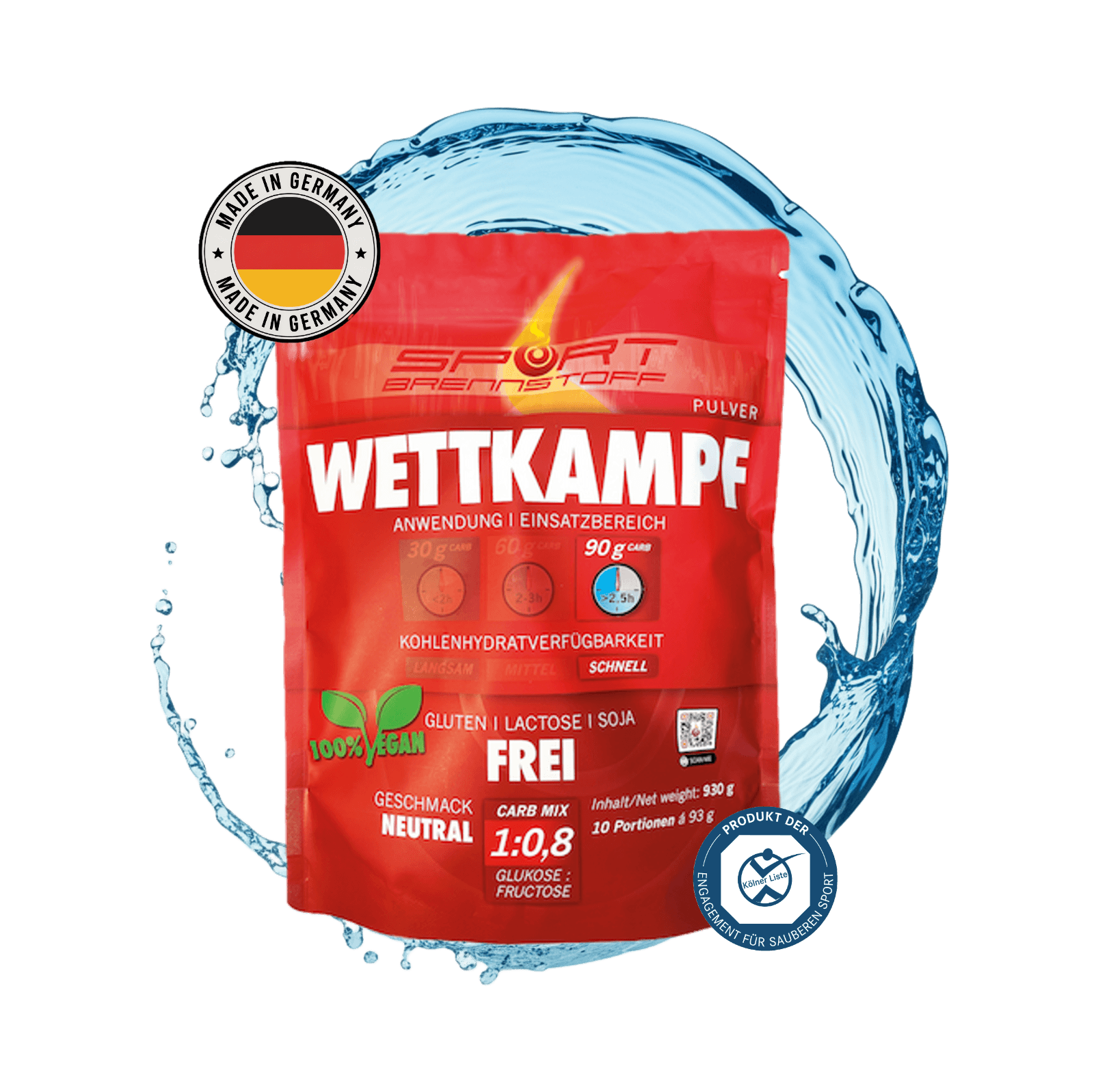
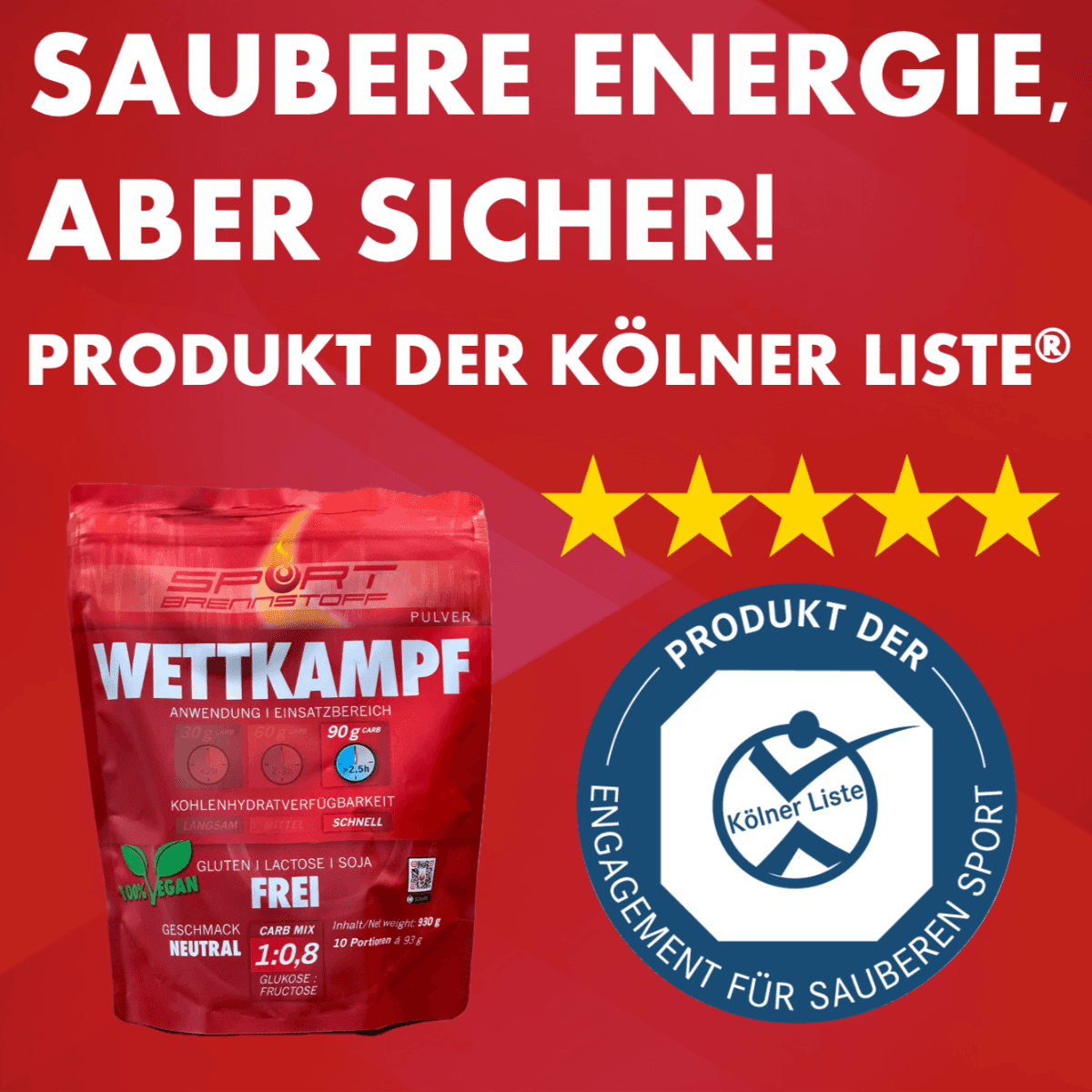
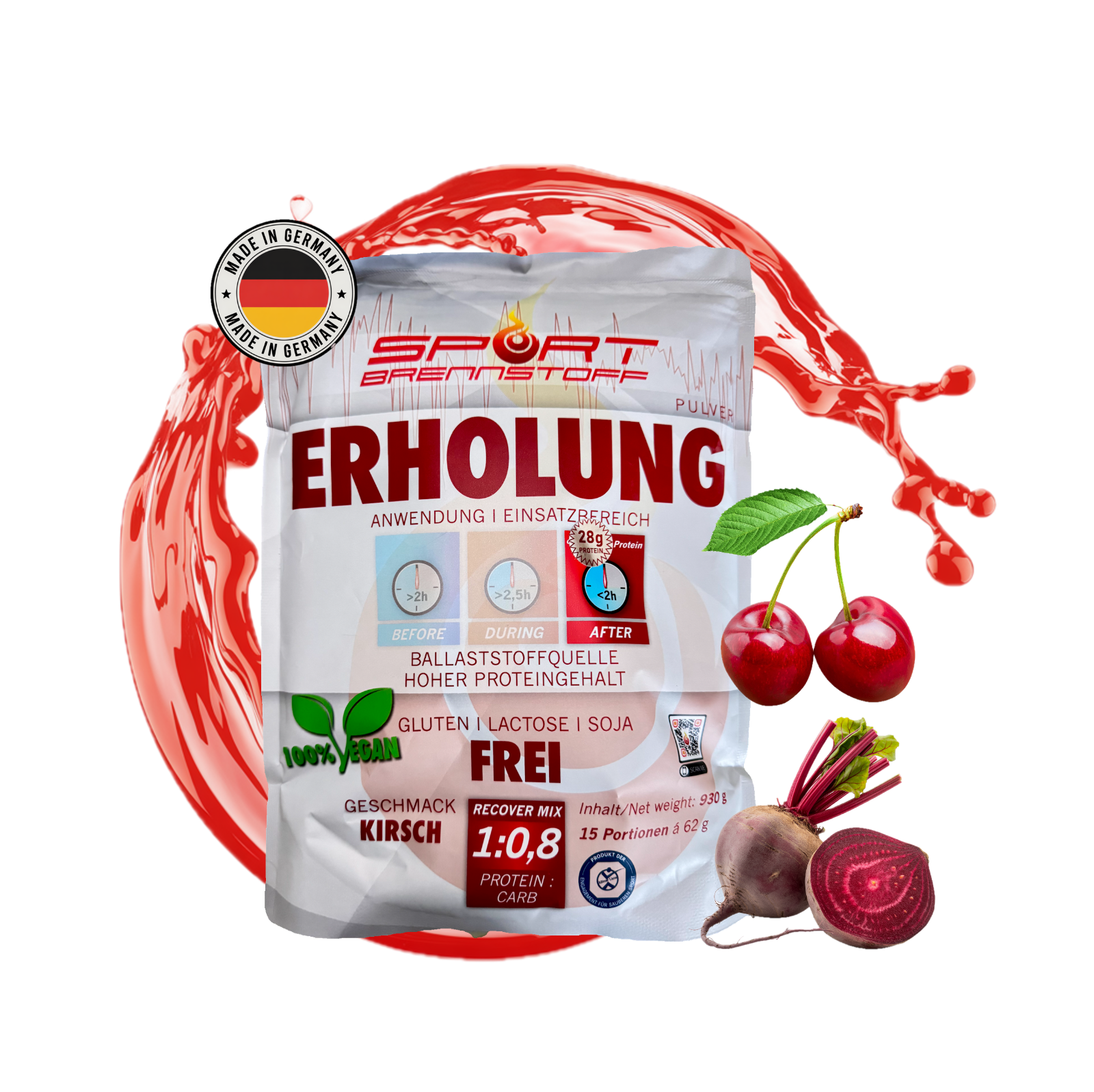
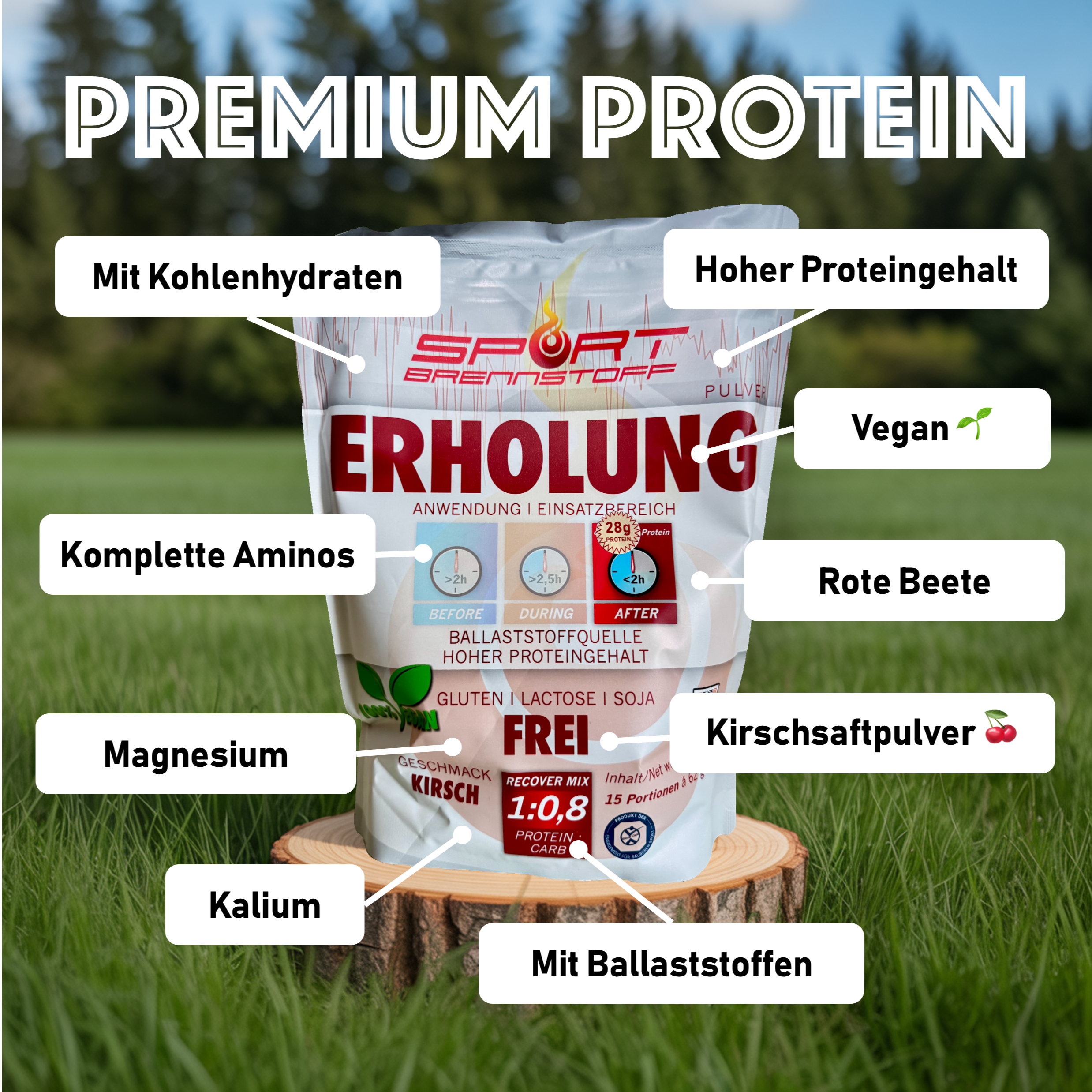





Leave a comment
All comments are moderated before being published.
This site is protected by hCaptcha and the hCaptcha Privacy Policy and Terms of Service apply.